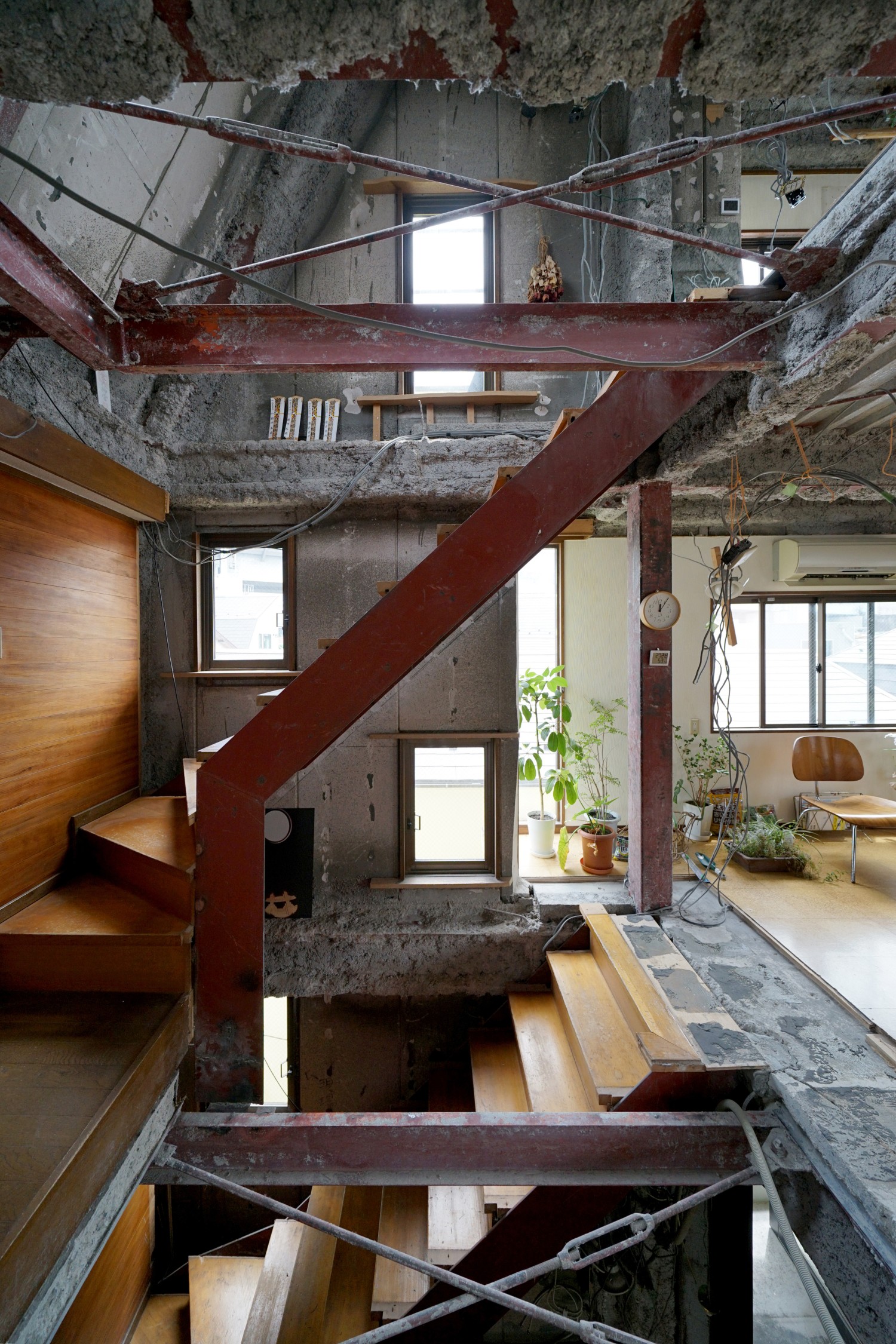Mio Tsuneyama, Architect
URBAN FUNGUS - Architecture is a complex mesh
mardi 08 octobre 2024à 13:00
Conférence
Leçon du mardi
Visio
Architecture can be seen as a dynamic network, a mesh of resources, traditions, knowledge and technologies. Just as mycelium forms an invisible web beneath mushrooms, this network of architectural elements interweaves to shape our built environment. However, industrialization has obscured this web, and political and market forces are increasingly distorting it.
In central Tokyo, buildings are frequently rebuilt and maintained to keep the city visually appealing. By contrast, the outskirts are showing signs of decline due to a falling birth rate, an aging population and prolonged economic stagnation. In these areas, a growing movement to repurpose vacant homes and waste is moving away from the post-war cycle of demolition and new construction. Just as fungi thrive on decaying organic matter, these "expired cities" are being regenerated through the use of existing resources.
Our firm embraces this philosophy by harnessing sunlight, rainwater and urban waste as valuable resources. Our aim is to transform urban soils into fertile ground and create underground spaces where micro-organisms can flourish. Through these efforts, we seek to reintegrate architecture into a living mesh of multi-species interactions, gently stimulating and revitalizing the urban ecosystem.
Mio Tsuneyama was born in Kanagawa Prefecture in 1983. Worked for Bonhôte Zapata Architectes (Switzerland) from 2005 to 2006. Recipient of a Swiss federal government grant from 2006 to 2008. Graduated from the École polytechnique fédérale de Lausanne (EPFL) in 2008. Worked for HHF Architects (Switzerland) from 2008 to 2012. Founded Studio mnm in 2012. Assistant Professor at Tokyo University of Science (TUS) from 2015 to 2020. Special Lecturer at TUS from 2020 to 2021. Visiting Professor at EPFL from 2022 to 2023. Associate Professor at Columbia University in 2023 and 2024.
Proposed by Emmanuelle Raoul-Duval and Jacques-Marie Ligot, the cycle of Tuesday lessons entitled Monstrum is an opportunity to reflect on how to place them in our architectural corpus, what rites of acceptance to propose to re-engage bodies in them, how to intervene repair-augment architecture and tame our monstrosity. Through this cycle, it seems important to take a fresh look at what monsters can teach us, by studying their impact on the city and architecture, and by observing certain restorative practices, certain symbolic displacements and thinking of architectural intervention as a prosthesis on a body in the throes of transformation.
Discover all the guests of the Tuesday Lessons cycle Monstrum
Photo credit :
Ryogo Utatsu
